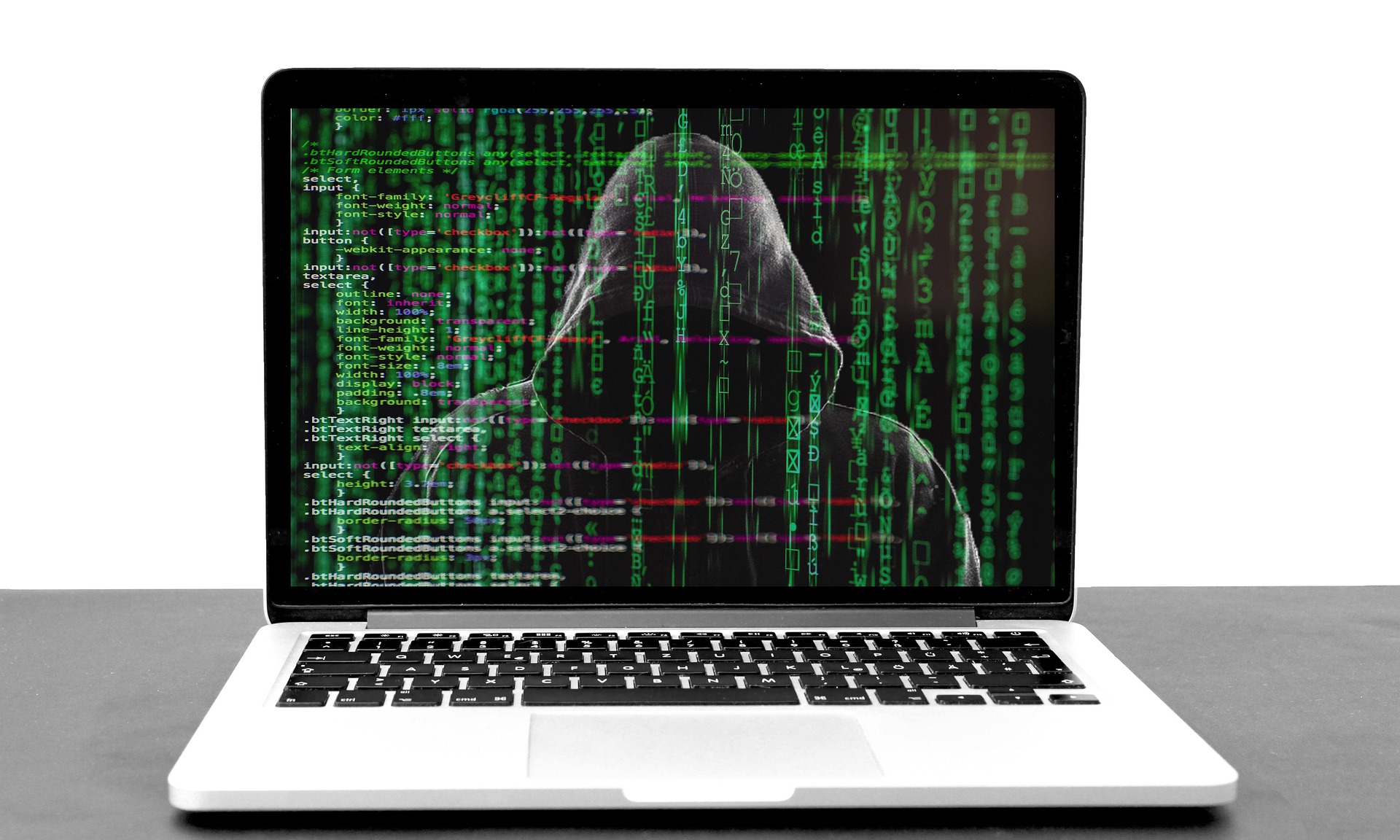

Hey guys… welcome to this week’s episode of frequently asked questions.
Today’s question that we will be looking at is: “How to protect my computer from unauthorized access?”
Securing your computer from unauthorized access is the most important step to protect your personal and sensitive information. Here are some tips to help you improve the security of your computer:
The first few steps are obvious, and you can find our information on these in our other videos about protecting email accounts, etc. These are:
Strong and unique passwords / Two-factor authentication (2FA) / Avoid using public Wi-Fi networks / Beware of phishing emails / etc.
To not “beat a dead horse,” let’s talk about some other measures regarding your physical device:
1. Regular software updates: Keep your operating system, antivirus software, web browsers, and all other applications you use up to date. Software updates may include security patches that address vulnerabilities. I know sometimes updates can be frustrating, but ignoring important manufacturer updates will leave your device vulnerable.
2. Firewall protection: Enable the built-in firewall on your computer to monitor/control incoming and outgoing network traffic. This helps to block unauthorized access and potential threats. It may be tedious at first, but “locking down” your network traffic helps protect you in the long run.
3. Antivirus software: Install a reputable antivirus program and keep it up to date. Regularly scan your computer for viruses, malware, and other malicious software. Your software may even have the capability of setting this up to occur automatically.
4. User account control: Use separate user accounts on your computer, especially if multiple people use the same device. It is a best practice to never let anyone use your computer under your login. Assign administrative privileges only to trusted users and use standard user accounts for everyday tasks.
5. Data encryption: Consider encrypting sensitive files and folders to protect them from unauthorized access. Encryption is converting your data into a coded form that can only be accessed with the correct decryption key. Be sure to save this key somewhere if you ever need it!
6. Backup your data: Regularly back up your important files and data to an external hard drive or cloud storage. In case of a security breach or hardware failure, you can restore your data without significant loss… and prevent you from having to pay ransomware demands, etc.
7. Disable unnecessary services: If you are not “tech savvy,” you may need help on this step. Review the services and features enabled on your computer and disable any unnecessary ones. This reduces potential attack vectors and minimizes the exposure of your system. It will also improve the performance of your device.
8. Physical security: Keep your computer physically secure by locking your office or using a cable lock. These methods help prevent unauthorized access to your computer and/or preventing them from removing your device when you’re away.
9. Educate yourself: Stay informed about the latest cybersecurity best practices and threats. Learn to recognize common attack techniques and stay updated on current trends in cybersecurity.
Remember that no security measure is foolproof, but implementing these tips will greatly improve the security of your computer and minimize the risk of unauthorized access.
If you have any further questions, reach out to us by email at [email protected]. Again, that is [email protected]. We’ll see you next week for our next FAQ question.